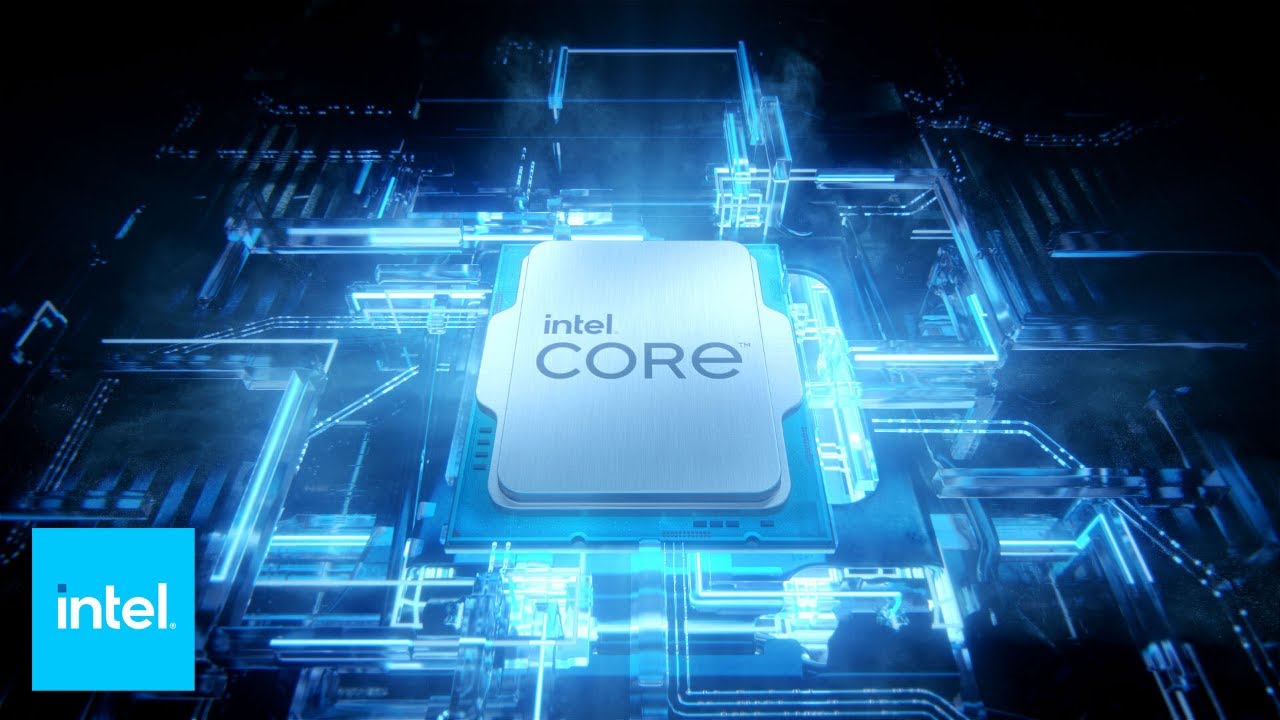Although Intelrecognized the root causeof failures among 13th and 14th Generation Core ‘Raptor Lake’ processors in late July — its microcode made the CPU demand elevated voltage levels beyond safe limits — the company never delivered a precise diagnosis. It has now outlined an issue known as Vmin Shift Instability, whichcan occur under four circumstances.
The problem stems from a clock tree circuit in the IA core that is prone to failure under high voltage and temperature, causing a shift in the clock duty cycle and leading to system instability. Intel has pinpointed four key operating conditions that trigger this issue and implemented mitigations through various microcode updates.

Intel’s internal tests show that the 0x12B update does not noticeably affect performance.Benchmarksand gaming tests, including popular titles like Cyberpunk 2077 and Shadow of the Tomb Raider, showed results within normal expected variations when compared to the earlier 0x125 update.
Intel is working with motherboard makers to ensure the 0x12B microcode update is distributed via BIOS updates. This rollout may take several weeks, but Intel is pushing for quick validation and implementation.

Intel also took time to assure its customers once again that its existing mobile processors as well as upcoming codenamed Lunar Lake and Arrow Lake processorsare not affected by this issue.
Get Tom’s Hardware’s best news and in-depth reviews, straight to your inbox.
Anton Shilov is a contributing writer at Tom’s Hardware. Over the past couple of decades, he has covered everything from CPUs and GPUs to supercomputers and from modern process technologies and latest fab tools to high-tech industry trends.